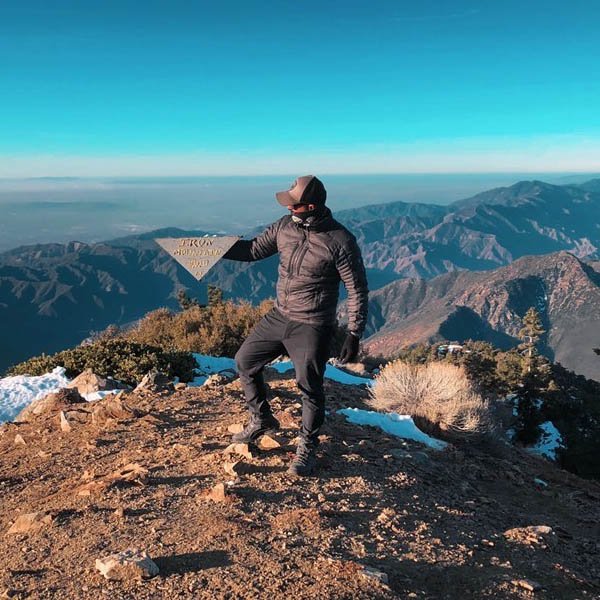
Why are we, quite pragmatic city dwellers, so drawn to the mountains? People went to the mountains to test themselves, find inspiration, get healthy, bathing in sacred lakes and springs. Creators of great teachings received a revelation in the mountains.
Probably, there are no other terrains, except for mountain ones, which would be so striking in their diversity. Climbing up, we leave the taiga forests into small vegetation,and alpine plant up to the waist or under the knees, which gives way to alpine meadows and tundra, and above we are waiting for stony taluses - gravelly Gobi and outlier rocks covered with moss and lichens.

Making an ascent, we turn from the green of summer into spring, inhaling the rich aroma of mountain flowers and admiring the newly blossoming leaves, and even higher - swollen buds. After passing another hundred meters, we find ourselves in the kingdom of winter with snowfields and ice. The weather in the mountains is unpredictable. A sunny day in fifteen minutes can be replaced by rain or snow even in mid-June. And how interesting it is to watch the rain from above the clouds! They often behave as if they were alive - they approach you and pursue, circle around, or dissipate when you approach. Climbing along the river, we see how it, so familiar, ordinary-calm, becomes stormy and gurgles with numerous rapids and cascades of waterfalls, turning into icy streams at the top. And now we are standing at the source of the river, which is considered great on the plain - near a small spring near the Gobi or snowfield.
The mountains have retained their diversity so far. It is very difficult for a civilization to turn them into a flat place, built up with the same type of concrete boxes or sown with one agricultural crop. And although the traces of human greed are better visible from above, the mountain landscapes are still pleasing to the eye.
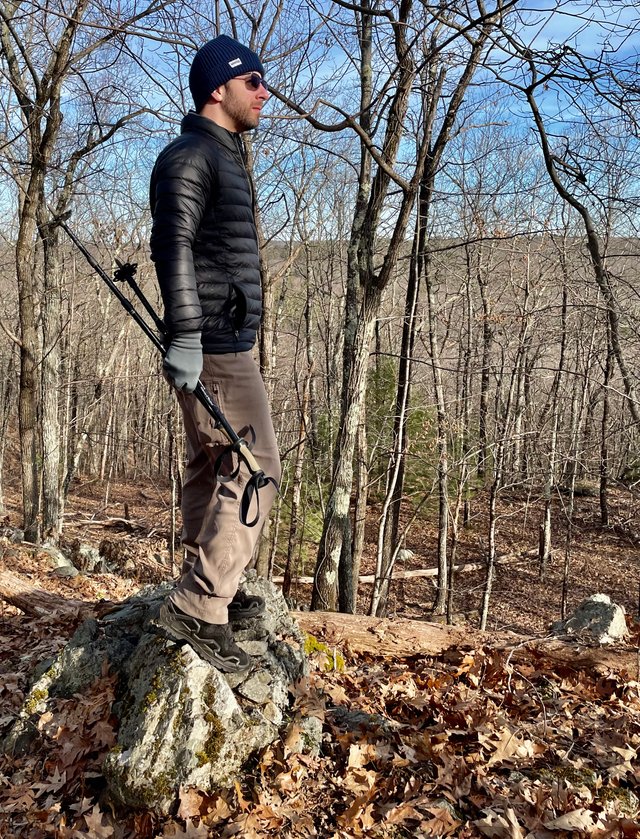
In the mountains, a straight path is not always the shortest in sensations. At the foot of the slope, we seem to see the top, but when we reach it, we find that it is a terrace or a spur, that there is another ascent ahead and how many there will be - it is not clear. But what if we spent our last strength on this rise? Go further, discovering the second and third breath.
And it opens up: in the mountains, we are forced to think and act optimally. Very soon we wean our brains from bad thoughts because they make the stones under our feet sway on purpose. It is natural for a person to constantly talk to himself. We often do not even realize how tired of ourselves is. Climbing the gravelly gobi, we forget about everything in the world, including ourselves. Such moments have great healing power. Often the answer to the questions that bothered us before the ascent comes naturally. Before a difficult climb, we can ask the mountain to solve some of our problems. As soon as dexterity comes, we understand that on an unconscious level the problem is solved. Making wishes turns into an interesting game. In a long hike, there comes a moment when questions, problems and desires are gone. Happiness comes.
Before the hike, it was unclear how a green forest could be blue in the distant mountains. And although there is a physical explanation for the color change, it is only in the mountains that you can feel the multi-colored colors of nature at a deep level. There are two realities - comfortable urban and harsh mountain, but the paradox is that only the latter brings health.
It turns out that a mountain hike is comparable to a trip around the world in terms of the variety of what you see. In the mountains, we see a resurgence of life and amazing forms of adaptation and survival. The scales of thinking we are accustomed to are crumbling there. The landscape, plants and climate change every hundred meters. We, accustomed to standardization and globalization, find that there are no standards in the mountains, everything is unique there, each scree is not like another, each tree is different from the next. We can see 50 kilometers around, the clouds are not always above us, and the villages seem to be the size of a palm. The spatial thinking brought up by urban life is replaced by a more complex one. We manage to escape from everyday life and look at space, time and life with different eyes.
Any experience changes a person. The experience of the hike is especially powerful. Overcoming difficulties close to the brink of survival forever imprints in the subconscious the feeling of 'I can do it'. Barriers in communication are removed - you simply have no time for them, and you can then reproduce this feeling in your everyday life. The ability to instantly separate the important from the little things, the grain from the chaff, appears. The ability to 'see through and through' and understand people also often originates in the mountains. A person of tourist training can be seen from afar: after a hike you are different.
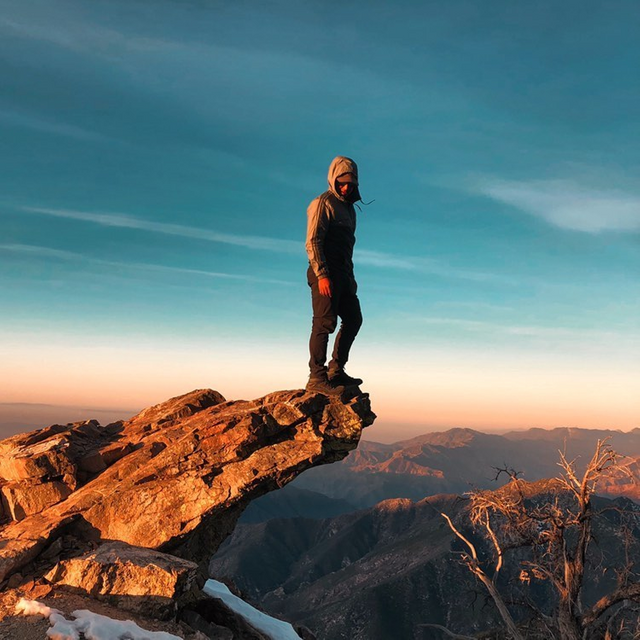
On a mountain hike, we often experience difficulties and spend tremendous energy. How do conservation laws work in this case? What do we get instead of the expended energy? Having reached the goal and being at the top, we often experience mystical feelings. What does something acquire in a campaign turn into? Everything depends on us. This 'something' can be drunk right away on the train on the way back, or we can transfer the acquired skill to other areas of life and cause a colossal surge of creativity.
If the campaigns are united by a common idea and in several campaigns ascents to neighboring peaks are made, then an integral picture of the territory for hundreds of kilometers appears in the head. We know what a mountain looks like from near and far peaks and how neighboring peaks look from this mountain. An understanding comes: in nature, so diverse and even chaotic at first glance, there are universal laws of harmony, on the basis of which we can intuitively predict which of the peaks in the ridge will be higher than the others, by the distance between the mouths of two tributaries to determine where the third tributary will be.
In the mountains, you begin to feel better about other people. On a difficult site, any additional information is especially important, and we intuitively understand what the person who is walking in front is experiencing. There is a kind of communication without words. You also feel nature better. Clouds behave as if they were alive, you can predict their behavior or try to influence them.
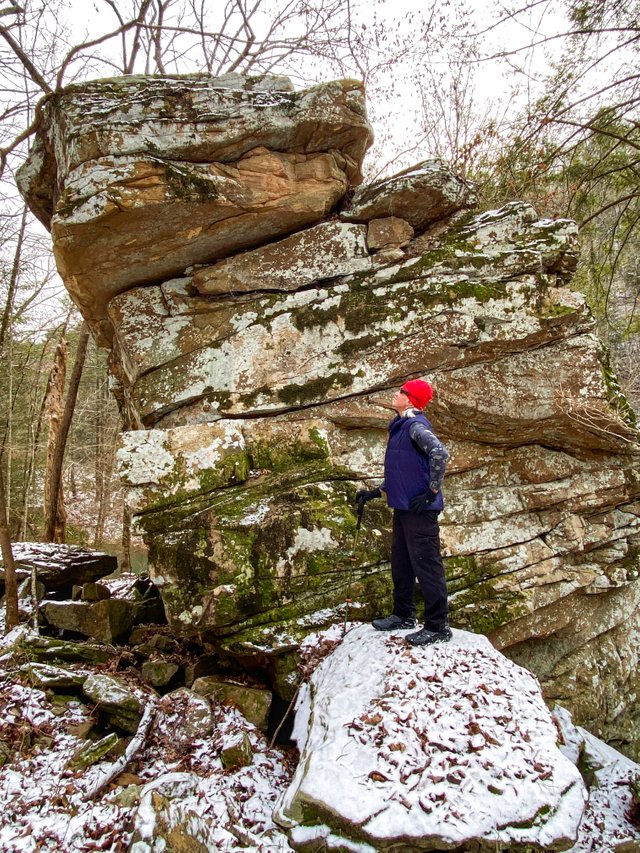
The fractal principle of the universe is clearly manifested in the mountains. The top of a mountain is similar in structure to a whole mountain. Approaching the top, we find almost everything the same as below, but only in miniature sizes. Rivers turn into streams, trees become dwarf. However, we feel that the waist-high cedar is comparable in power to the giant cedar in the valley, otherwise, it simply would not have been able to grow in such harsh conditions. At the same time, the last hundred meters in gravity are comparable to the kilometers of the previous rise.
Of course, you can admire the mountain views from the helicopter window or the cable car cabin. But, when these hundreds of kilometers are covered on foot, the harmony of nature is recorded in our experience, feelings, and bodily sensations. From this point of view, helicopter flights to a healing spring in the mountains or excursion bus trips to a waterfall seem ridiculous. Not the harmony of nature will be recorded in the body from such a trip, but the stuffiness of the bus. If at a certain stage of our life we do not enjoy the journey, we will lose something very important, without which we will not be able to develop further.
Copyright:
Rock rooster Footwear.Inc
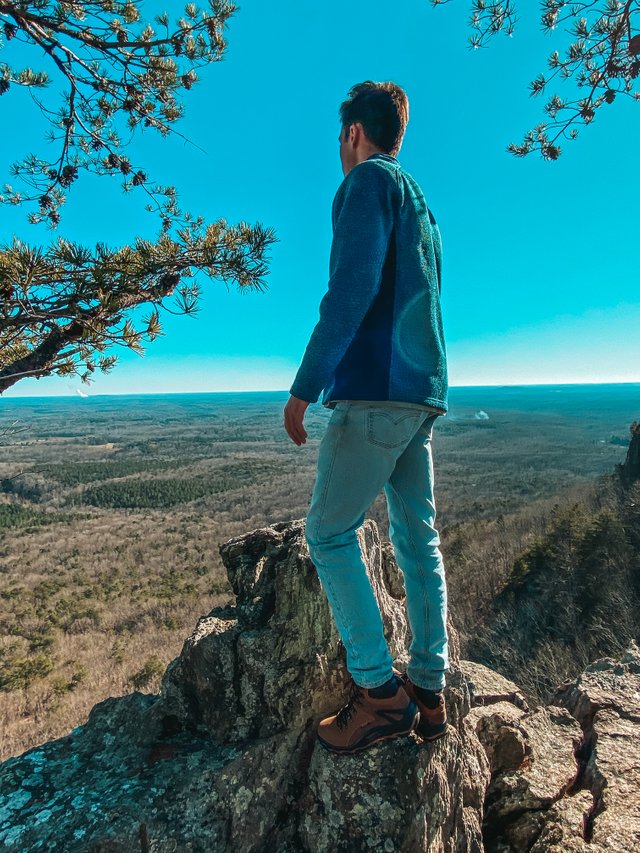
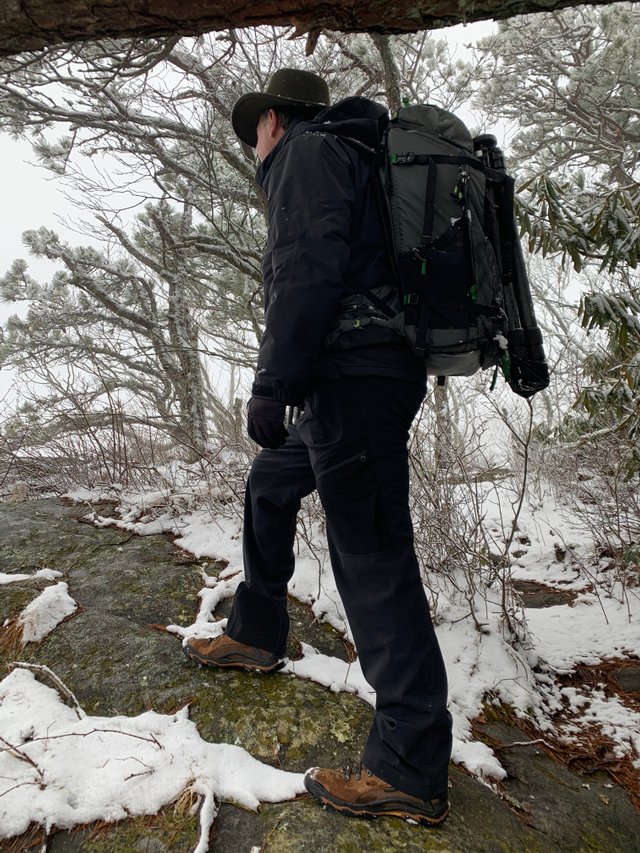
Find new hiking shoes on https://rockroosterfootwear.com/
Downvoting a post can decrease pending rewards and make it less visible. Common reasons:
Submit